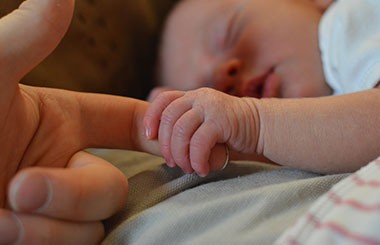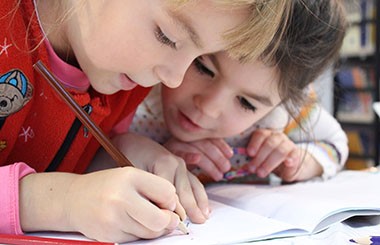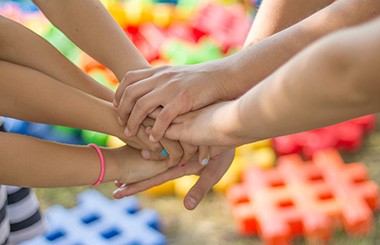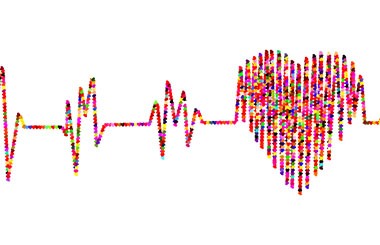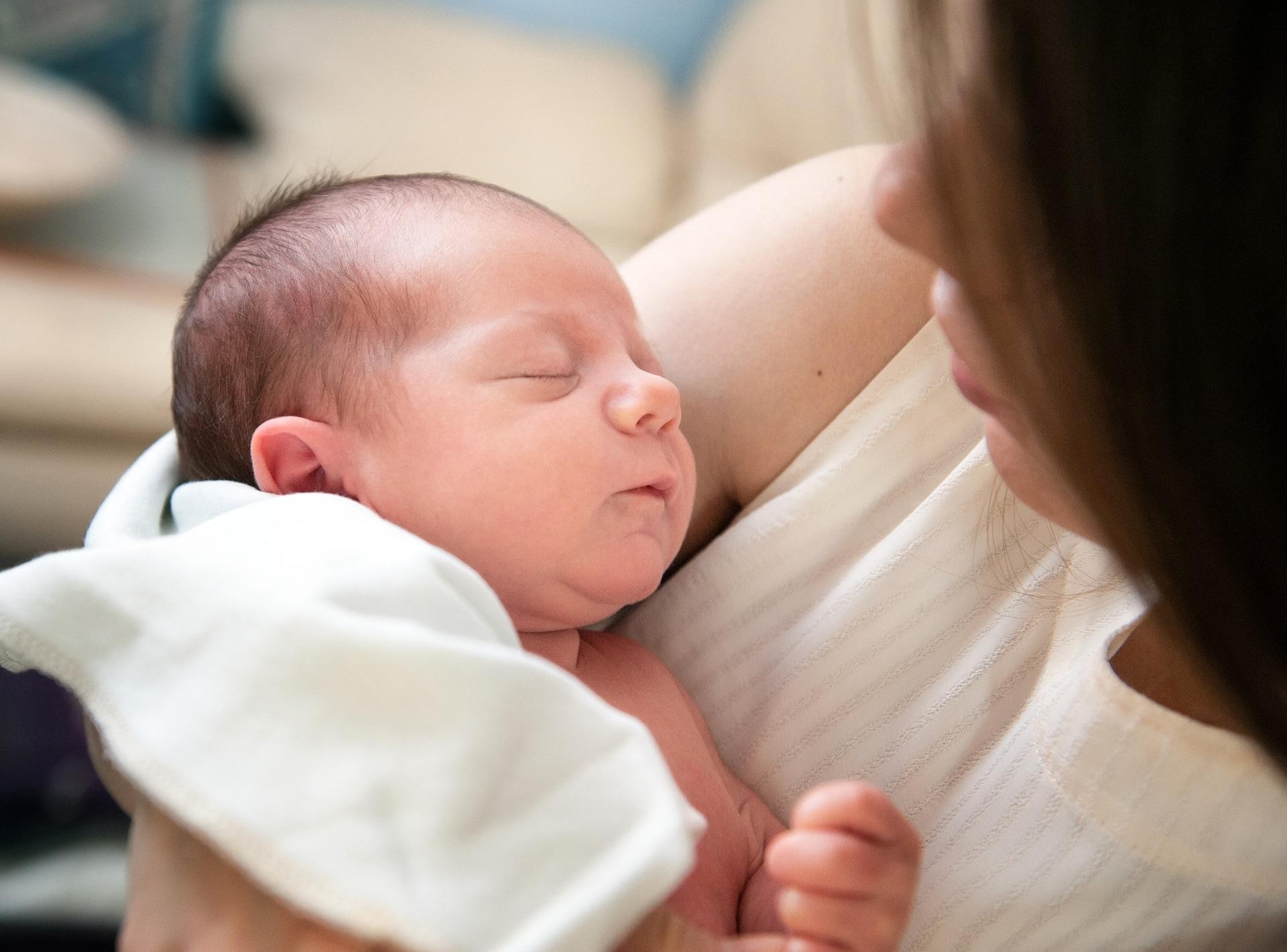On this page…
As well as the routine care from your Midwife, you can speak to a Health Visitor via your local Hub for advice, or to discuss any worries or concerns you may have.
Below is some general information and links to resources to help you have a healthy pregnancy and prepare for the birth of your baby.
Diet
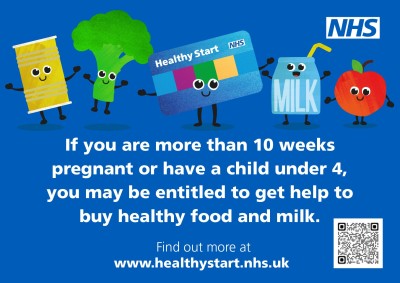
You'll get most of the vitamins and minerals you need by eating a healthy, varied diet. When you're pregnant you also need to take a folic acid supplement, and a daily vitamin D supplement too. You may be entitled to free vitamins under the healthy start scheme (Get help to buy food and milk - NHS Healthy Start). For more information about vitamins and staying healthy in pregnancy you can visit Pregnancy - NHS start4life.
Exercise
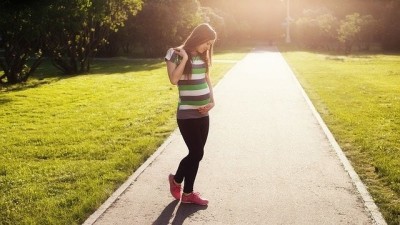
Pelvic floor exercises help your muscles cope with the changes during the pregnancy and after the birth. The Fit for Birth: essential exercises and helpful advice - POGP leaflet tells you how to do pelvic floor exercises and other ways to prepare your body for labour.
For more information, visit MPFT’s Specialist Pelvic Health Team webpage.
Smoking
Quitting smoking reduces your risk of miscarriage, your baby being born prematurely, stillbirth and Sudden Infant Death Syndrome (SIDS). You are more likely to succeed in quitting with support than alone. You can find information about local support at Staffordshire Connects or Help giving up smoking - City of Stoke-on-Trent.
Alcohol
It’s safer not to drink any alcohol if you’re pregnant, or planning to become pregnant, because it can damage your growing baby. For more details, visit Drinking alcohol while pregnant - NHS.
Immunisations
All pregnant women are offered the seasonal flu vaccination. There is an increased risk of severe illness if you get flu when pregnant. The seasonal flu vaccine can be given safely during any stage of pregnancy.
The RSV vaccine helps protect against respiratory syncytial virus (RSV), a common virus that can make babies and older adults seriously ill. The RSV vaccine is recommended during every pregnancy (from 28 weeks onwards) to help protect your baby after they're born.
If you are pregnant you can help protect your baby by getting vaccinated against whooping cough (pertussis). Having the vaccination helps protect your baby from catching whooping cough in the first few weeks after they're born, as they will get some of the immunity from you. The best time to have the whooping cough vaccine is between 20 weeks (after your scan) and 32 weeks, but if for any reason you miss having the vaccine, you can still have it up until you go into labour. Visit Whooping cough vaccination in pregnancy - NHS for frequently asked questions about the whooping cough vaccine.
Having a baby is a life-changing event and it’s completely natural for women to experience a wide range of emotions during pregnancy and after the birth. It's also common to experience mental ill health for the first time in pregnancy. Some women may feel more vulnerable and anxious, and some may develop depression. If you have had severe mental ill health in the past, or have it now, you're more likely to become ill during pregnancy or in the year after giving birth than at other times in your life.
It can be difficult to feel able to talk openly about these feelings, such as the pressure you may feel to be happy and excited, or a worry that you are a bad parent if you are struggling with your mental health. You might be surprised to learn that many other new mums are feeling the same way and are benefiting from support with their mental health.
If you are worried about your mental health its a good idea to speak to people close to you - your partner, family, or friends, as they know you best. You can also speak to your GP, Midwife, or health visitor.
The Perinatal Community Mental Health Team provides specialist input to women experiencing significant mental health difficulties during pregnancy and the first year following a child’s birth. For further information about Staffordshire perinatal mental health services visit Mental Health Perinatal Community (Staffordshire)
During pregnancy your baby’s brain grows very quickly, and every sound, smell, touch, taste, or feeling they experience now helps to build their brain and shape their personality. You can help this growth by taking some time out to relax and talk to him, to stroke your bump and maybe play some music to him.
This video explains how your baby's experiences help their brain to grow.
You are not alone...
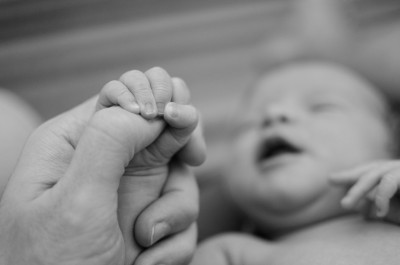
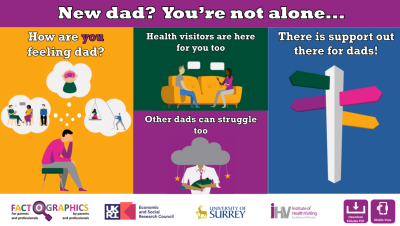
Further Resources:
- PATH - Looking after yourself - dads, co-parents and partners - information for new parents
- Understanding your mental health and emotional wellbeing following the birth of your baby (fathers) - an information leaflet from the Institute of Health Visiting
DadPad®
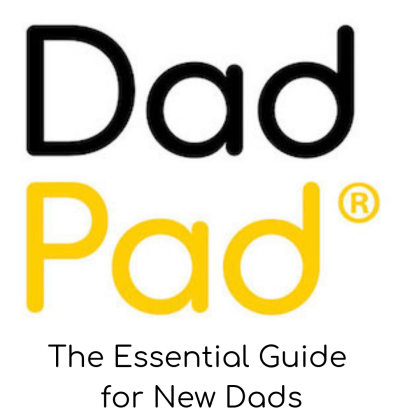
The app aims to help new dads develop their confidence and practical skills needed to meet their babies’ physical and emotional needs. Building a strong attachment will help dads enjoy their new role but will also contribute towards positive long-term social, health and educational outcomes for their babies.
Crucially, the app also provides dads with guidance on how to support and seek help (when needed) for their partners and themselves as they adjust to their new role, and cope with the physical and emotional strains that this can place on individuals and relationships.
The app covers topics such as:
- Feeding, holding, changing and cleaning your baby.
- Surviving without sleep and coping with crying
- Getting to know your baby
- Home safety and first aid
- Looking after yourself and supporting your partner
For more information and to download the app follow the link: DadPad app
Activities and wellbeing sessions
Whether it’s to discuss everything football and Stoke City FC related or simply to just grab a cuppa and listen in to the conversation you can stay connected to Stoke City and your team, with its Let’s Talk Football sessions. For more details click Let’s Talk Football – Stoke Community Directory
The Potters Health Hub offers an opportunity to come into a safe place and speak about your physical and mental wellbeing. For more details click Potters Health Hub – Stoke Community Directory.
What is domestic abuse?
At least 1 in 4 women experience domestic abuse, and it can often start or get worse in pregnancy. The abuse may be from a partner or from someone else in your extended family, and it is not always physical.
Examples of abuse can include:
- Intimidation and physical harm (or threats of harm) to yourself, your loved ones or pets, threats of suicide, destroying your possessions.
- Controlling where you go and who you see, preventing you seeing friends and family, monitoring your social media or phone calls or following you, stalking
- Taking your money or preventing you from earning your own
- Calling you names, mocking, humiliating you or making you think you are crazy
- Denying abuse or blaming you, making you feel guilty
- Pressuring you to do things that are illegal or you do not want to do, including sexual activity or rape
Risks of domestic abuse
Domestic abuse can affect your physical and mental health in many ways. If you are pregnant domestic abuse puts you and your baby at increased risk of miscarriage, infection, premature birth, and injury or even death. Prolonged stress and anxiety in pregnancy can affect your baby's development.
Living in a home with domestic abuse can have a serious impact on a child's mental and physical wellbeing, which can last into adulthood. For more information on the risks to children and how to protect them visit Domestic abuse - NSPCC.
What to do if you are being abused
Women's aid have advice on how to cover your tracks online (Cover your tracks online - women's aid) if you are worried someone may see the pages you have visited.
If you, or someone you know, are being abused please speak to someone —this could be a Midwife, GP, or Health Visitor. You can refer yourself to New Era, the new holistic Domestic Abuse service for Staffordshire and Stoke-on-Trent by visiting their website: new era: ending relationship abuse or by calling 0300 303 3778.
Babies do not need lots of special equipment, so you don't need to spend lots of money for your baby to be healthy, happy and safe! There are lots of baby products on the market, but many of them are unnecessary and some are even unsafe. When deciding what to buy it is important to look for independent, evidence based information, for example from Pregnancy - NHS or the online book: Birth to five - HSC Public Health Agency from the Department of Health.
For a list of the basic equipment and supplies you may need you can visit the What you'll need for your baby - NHS. Below are some products we are often asked about, and advice about how to use them safely.
Sleep equipment
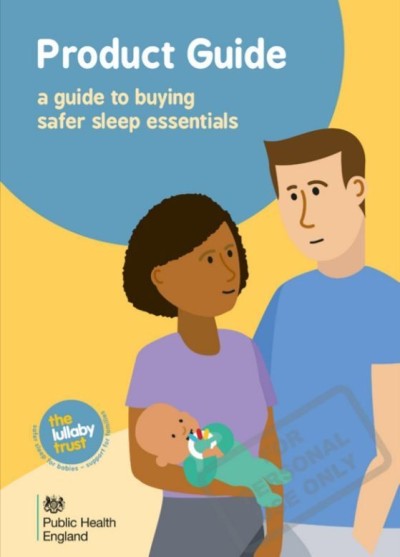
The Lullaby trust have further information on their webpages: How to choose baby sleeping products - The Lullaby Trust
You can find more information on safe sleep at Safer Sleep Information by The Lullaby Trust.
Baby carriers / slings
Many babies like being carried like this because they're close to you so feel safe and warm. They can help calm a baby who is unsettled or has colic and can even help your baby's development.
Visit a local sling library to try some different types before buying, and learn Baby Sling Safety. Hammock style slings are not recommended. See the Royal Society for the Prevention of Accidents - Baby Slings for more advice on using baby carriers and slings safely.
The T.I.C.K.S. Rule for Safe Babywearing
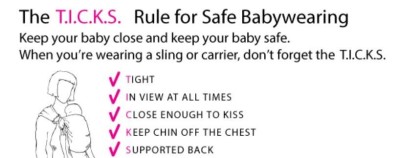
- Tight
- In view at all times
- Close enough to kiss
- Keep chin off the chest
- Supported back
Formula preparation machines
There is no available evidence that formula preparation machines are safe for preparing powdered infant formula (Formula preparation machines: Tommy Tippee Close to Nature Perfect Prep™ - First Steps Nutrition Trust) so we do not recommend these. The Department of Health and the Food standards agency recommend families and carers use cooled, boiled water at >70°C to make up powdered infant formula. For more information on making up feeds safely and why we do not recommend formula preparation machines visit Making up infant milks safely - First Steps Nutrition Trust.
Baby bouncers
Any semi upright seat (such as a car seat or baby bouncer) that causes baby to be in a “slouching” position can result in baby’s airway being restricted. Because newborns and young infants don’t have the neck strength to lift their heads and breathe this semi upright position can reduce the amount of oxygen they receive, which can cause brain damage or even death. Newborns, premature, small and low birth weight babies have a greater risk.
Car seats
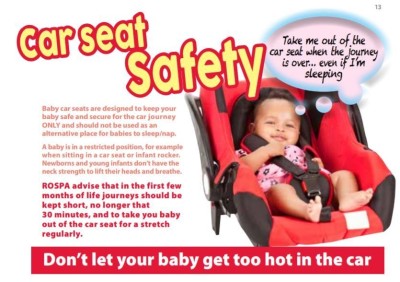
For car journeys the safest way for your baby to travel is in a correctly fitted, rear-facing infant car seat in the back seat of the car. It's dangerous (and illegal) to carry your baby in your arms in a vehicle, even on the journey home from hospital. A car seat is one of the few items that is recommended to buy new, so you can be sure it hasn't been involved in an accident. If you can’t afford a new one buy from someone you know and trust rather than a secondhand shop or through the classified ads. For more advice on choosing and fitting baby car seats safely, go to the Road Safety: Advice and information - Royal Society for the Prevention of Accidents.
It is important to remember:
- Don't let your baby get too hot in the car
- Car seats should only be used for journeys and your baby should be taken out as soon as possible - not left to sleep in them.
- Journeys should be short where possible, but if you have to make a long car journey it is recommended an adult supervises the baby and that you take frequent breaks (some recent research recommends every 20-30 minutes).
- A baby is in a restricted position, for example when sitting in a car seat or infant rocker. Newborns and young infants don't have the neck strength to life their heads and breathe.
You may be starting to think about how you are going to feed your baby and it's best to get as much information as you can before your baby is born.
For more information visit our Infant Feeding Support service page.
